The remarks over ensuring that only eligible recyclable materials are allowed in to China comes as the metals market in the UK adjusts to the restrictions, with a warning sounded that the value of light iron material and scrap cars could be hit.
The CCIC remarks were made earlier this month when the Minister of the General Administration of Customs of China, Mr. Ni Yuefeng visited CCIC Europe “for inspection and work guidance.”
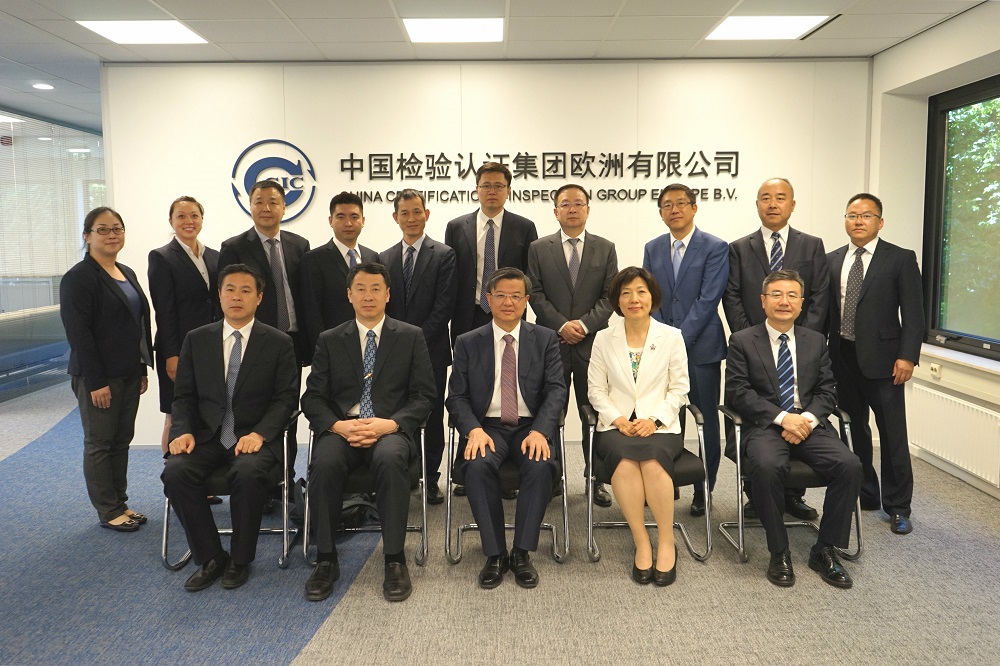
In a statement CCIC Europe, which is based in Rotterdam, said it “was greatly honored by this visit and assured that it will accomplish the mission and do its utmost to prevent unqualified scrap materials entering China.”
The minister was accompanied by seven other guests including from the General Administration of Customs of China, the Director General of Port Supervision Department Mr Wang Wei.
CCIC is accredited by the Chinese Government and China National Accreditation Service for Conformity Assessment (CNAS) to provide inspection services for recycled materials which are transported from various countries to China.
However, recently the Chinese authorities indicated that CCIC is likely to take on full responsibility for checking of material at loading stage for export to China although how this actually is rolled out is still to be resolved.
Consequently CCIC – which has its UK branch in London – is currently developing a plan to implement the new policy. Some in the recycling sector expect CCIC may agree that other inspection services, including inspectors employed by some exporters, have a role to play rather than it doing all the inspection work directly. Alternatively, the Chinese authorities could even appoint other global inspection services to do some of the work.
Metals warning
While much of the UK discussions about the China quality measures have focused on paper and plastics, the pressure on shredder operators in the metals sector is starting to have an impact and could force a reduction in the value of light iron and scrap car and engine prices as shredder non-ferrous metal values suffer.
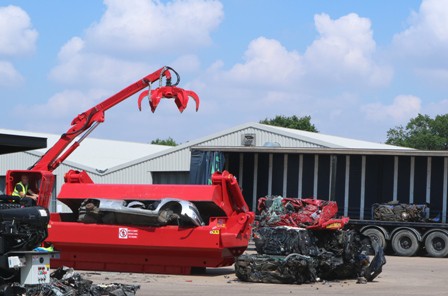
One metal recycler explained: “The issue is around zorba (shredded non-ferrous scrap) which has traditionally been sent to China and usually derives from cars and other metal sources such as “light iron” collected from places such as council sites. China is now calling for just 1% non-metallics in exports and this is hard to achieve.
“There are also concerns about aluminium getting stuck in with copper and this being seen as a contaminant for copper, and this is something which can easily happen.”
And, he added that “other markets aren’t easily there although there might be some demand from India”.
Another recycler, said that the sharp change in standards was just one of a number of “rocks being thrown at the metals sector. We also have a trade war between the US and China which disrupts the markets and also a fall in the value of materials.”
One senior metals recycler told letsrecycle.com that a crucial factor with scrap was that “the difference is that most non ferrous prices work through an LME ratio but the price of scrap products, such as zorba, has widened completely. Engine prices are already falling and it is costing more to try and reprocess the materials, perhaps doing this twice, and taking out wires and circuit boards.”
Some operators in the UK have invested in equipment to try and achieve the high quality levels needed and have managed to produce material to an almost pure level. But, this has been at a considerable extra cost.
One example in terms of pricing, given to letsrecycle.com, is that if there were 30 kilos of non ferrous in a tonne of material from a shredder, this could have been worth £600 a tonne but is now worth £400 with the ban on zorba going to China.
Third party inspections
Commenting on the situation with regard to China, Ross Bartley, a British-born global recycling expert at the Bureau for International Recycling in Brussels, said last week that CCIC will be allowing third party inspections “but we don’t yet know of a single company that has been approved yet. We also now have a list of designated ports although it doesn’t quite correlate with import licences at present.”
Speaking at a letsrecycle.com metals recycling event in the Midlands, Mr Bartley highlighted how the country’s “central committee had vowed to reduce waste imports by 2020.”
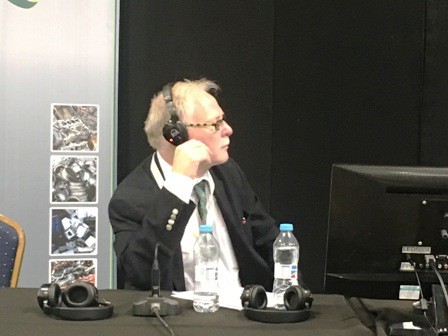
Mr Bartley said: “A pragmatic approach is still possible but we think there is no turning back from what they have published.”
In terms of markets, he commented: “We see newcomers in the business with material moving to countries such as Bangladesh, India, Indonesia, Pakistan and Thailand although there are some temporary restrictions into Thailand and Vietnam.”
Waste or not?
He then raised the question of whether the exports of secondary materials for use in manufacturing and production processes should be considered as wastes and that instead they should be seen as raw materials, asking whether or not there needed to be a distinction.
Mr Bartley remarked: “What is happening is raising fundamental questions about primary and secondary material and how these should be differentiated. But questions about when waste ceases to be waste keep coming up.
“Recycled raw materials are needed to feed industries. We would want China to look at the non-waste side when they are looking at materials and import requirements.”
Cardboard 
At present, “qualifying” cardboard is being exported to China with little difficulty. Simon Ellin, chief executive of the Recycling Assocation, told letsrecycle.com that the drive by industry to ensure the quality of material in the UK for export to China, has helped to make that material acceptable.
“From the feedback and intelligence we have it would appear that UK exports to China since the quality measures came into force have been rising and this is testament to the high quality material being produced.”







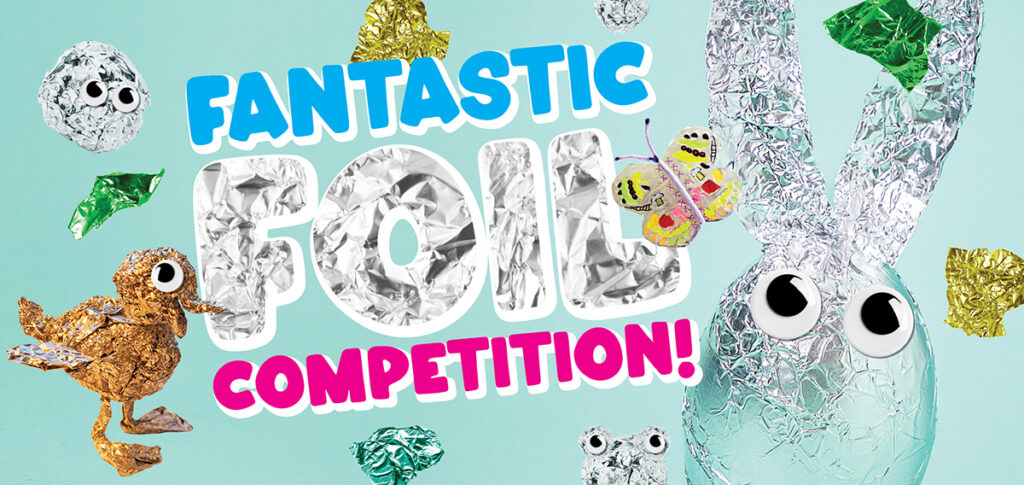
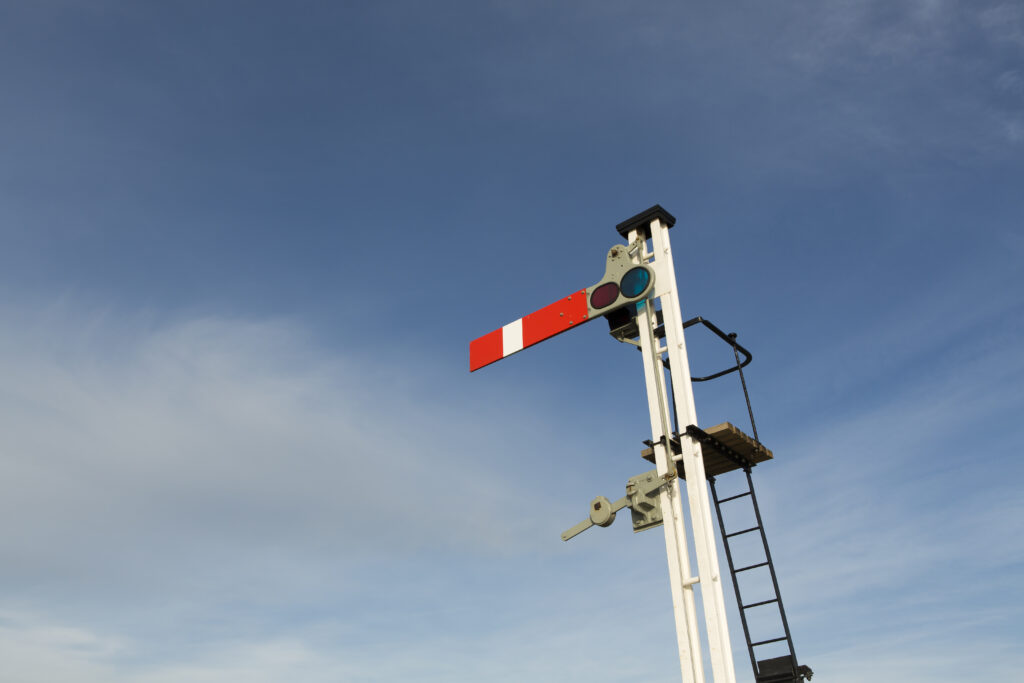
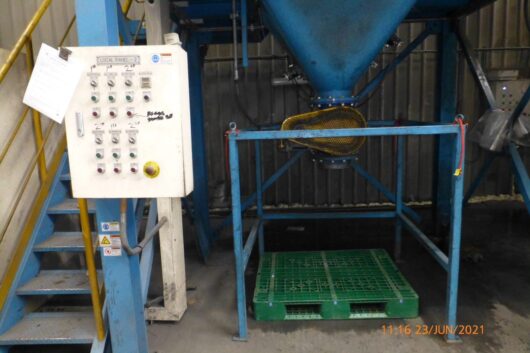


Subscribe for free